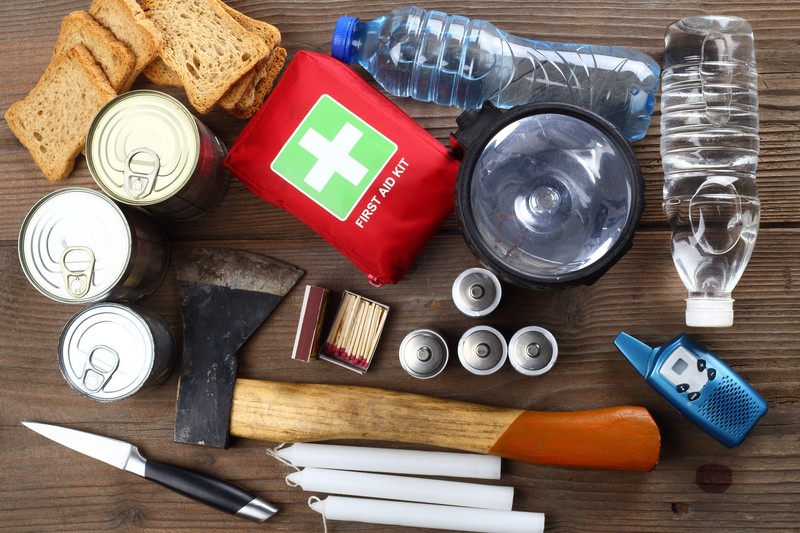It used to be that just about everyone bartered; I even know a doctor in TN who up until he retired in the late 1990's would accept bartering as an effective method of paying for healthcare treatment.
In a true SHTF moment, bartering might be the only way you have to secure the goods and services you need, which is why you must learn at least the basics.
If society ends as we know it, even the best homesteaders will find that they need something. For example, maybe a disease runs rampant through the rabbit hutch and you lose them all. Or maybe the homestead was attacked and your spare weapons cache was raided. Whatever it is that you lack, you need to have something of value to trade with someone who has what you need. This is called barter, and in a grid-down or post-apocalyptic society, there will be no cash or credit — hard goods or services will be necessary to procure something critical to the homestead.
There are two ways to be ready for when it comes time to barter. The first way is to build a stockpile of common things that others will want. Examples include quality knives, can openers, sewing kits, pain medication, shoes, hats and gloves. The second way, and really the only long-term solution, is to learn a new skill that either generates goods for barter, or provides you with a skill set to provide needed services to others.
For this latter approach to be successful, five requirements must be met:
1. Your skill or the goods created must be something people want. For example, making candles would be far more valuable than fancy embroidery.
2. Many people must have demand for the skill or goods. There’s generally little benefit to making something that very few people need. Instead, you should have what everybody needs. For instance, in the cold north, everyone needs gloves.
3. You must be able to practice the skill, or generate the goods, using resources only available from your homestead. It does no good to learn how to make soap using lye that you buy online, if you don’t have alternate way of making lye on the homestead. A minor exception to this rule is if a needed supply will be available locally through barter. An example of this is if you specialize in making leather gloves and shoes, and your neighbor has a tannery.
4. All operations must be done without power. The availability of power after a disaster is not guaranteed, even if you have an alternative power source.
5. Practice, practice, practice. After society ends as we know it, there will be a lot of hard work and frustrations. By practicing the skill, you can iron out any difficult areas and learn how to perform it efficiently and reliably.
While bartering used to be commonplace, our obsession and addiction to cash made it obsolete.
That would change quickly if a drastic survival situation occurred and it is more likely than most realize; in the aftermath of Super Storm Sandy in New Jersey, for example, there were dozens of reports of ATMs being drained of cash, stores unable to open because of damage and communications links being overwhelmed or severed.
In that situation, at least until things got back to normal, bartering for goods and services would have been very useful. To learn more about bartering and other skills you must learn in order to survive a drastic scenario, please check out Off the Grid News.

Black pepper and weed. Great barter materials